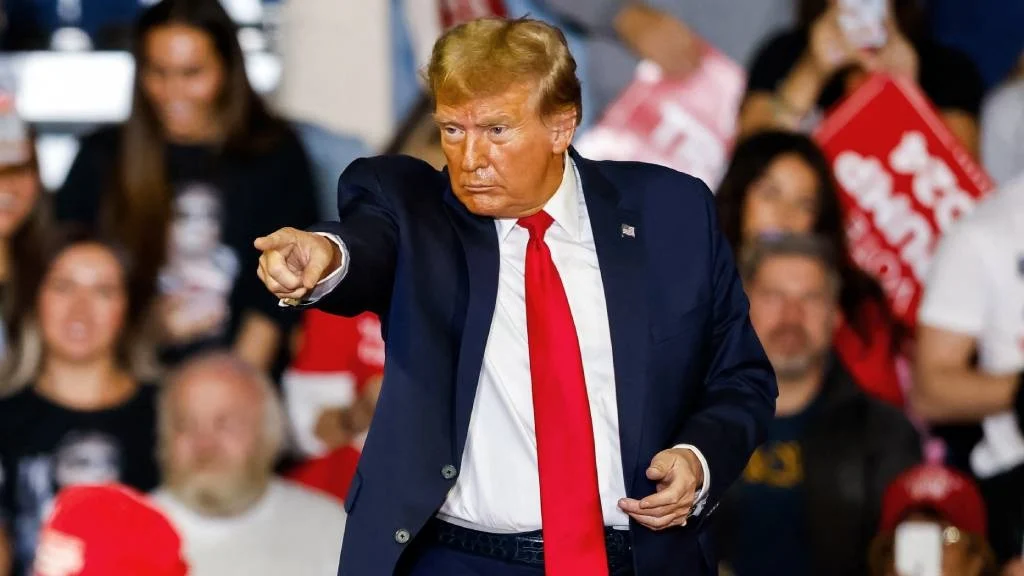The Supreme Court of the United States has resolved to hear former President Donald Trump’s claim of immunity from prosecution, further delaying his criminal trial on charges of conspiring to overturn his election loss in 2020.
The criminal case being prosecuted by Special Counsel Jack Smith was placed on pause by the justices on Wednesday. They will now consider the decision of a lower court to reject Trump’s argument that he cannot be held accountable for his acts intended to overturn his defeat since he was president at the time.
The court will hear arguments in late April, and by the end of June, at the latest, a ruling is expected.
Although that timeline is far quicker than typical, it is unclear whether a trial can be set and completed before this year’s presidential election, even in the event that the judges reject Trump’s request for immunity.
Trump is the frontrunner for the Republican nomination to challenge Joe Biden, a Democrat, in the November 5 election.
The former president’s lawyers have sought to put off a trial until after the vote.
Read Also: Republican 2024 Primary: Trump Beats Haley In Her Home State
If Trump regains the presidency, he could seek to use his powers to force an end to the prosecution or potentially pardon himself for any federal crimes.
The Supreme Court, in an unsigned statement, said it will consider a single question: “Whether and if so, to what extent does a former President enjoy presidential immunity from criminal prosecution for conduct alleged to involve official acts during his tenure in office.”
The question is an untested one in US jurisprudence because until Trump, a former US president had never been charged with a crime.
The case once again thrusts the nation’s top judicial body, whose 6-3 conservative majority includes three justices appointed by Trump, into the election fray.
Trump, in a post on his social media platform, hailed the court’s decision.
“Without Presidential Immunity, a President will not be able to properly function, or make decisions, in the best interest of the United States of America,” Trump wrote. “Presidents will always be concerned, and even paralyzed, by the prospect of wrongful prosecution and retaliation after they leave office. This could actually lead to the extortion and blackmail of a President.”
There was no immediate comment from the special counsel’s office.
Smith was appointed by US Attorney General Merrick Garland in November 2022. In August 2023, Smith brought four federal criminal counts against Trump in the election subversion case.
A March 4 trial date was postponed as Trump pressed his immunity claim, with no new date yet set.
Smith’s charges accused Trump of conspiring to defraud the US, obstructing the congressional certification of Biden’s electoral victory and conspiring to do so, and conspiring against the right of Americans to vote.
The charges also claim Trump and his allies made false claims that the 2020 election was stolen and devised a plan to use false electors to thwart congressional certification of Biden’s victory. Trump also sought to pressure then-Vice President Mike Pence not to allow the certification to go forward. Trump’s supporters attacked the Capitol in a bid to prevent the certification.
Trump last October sought to have the charges dismissed based on his claim of immunity.

